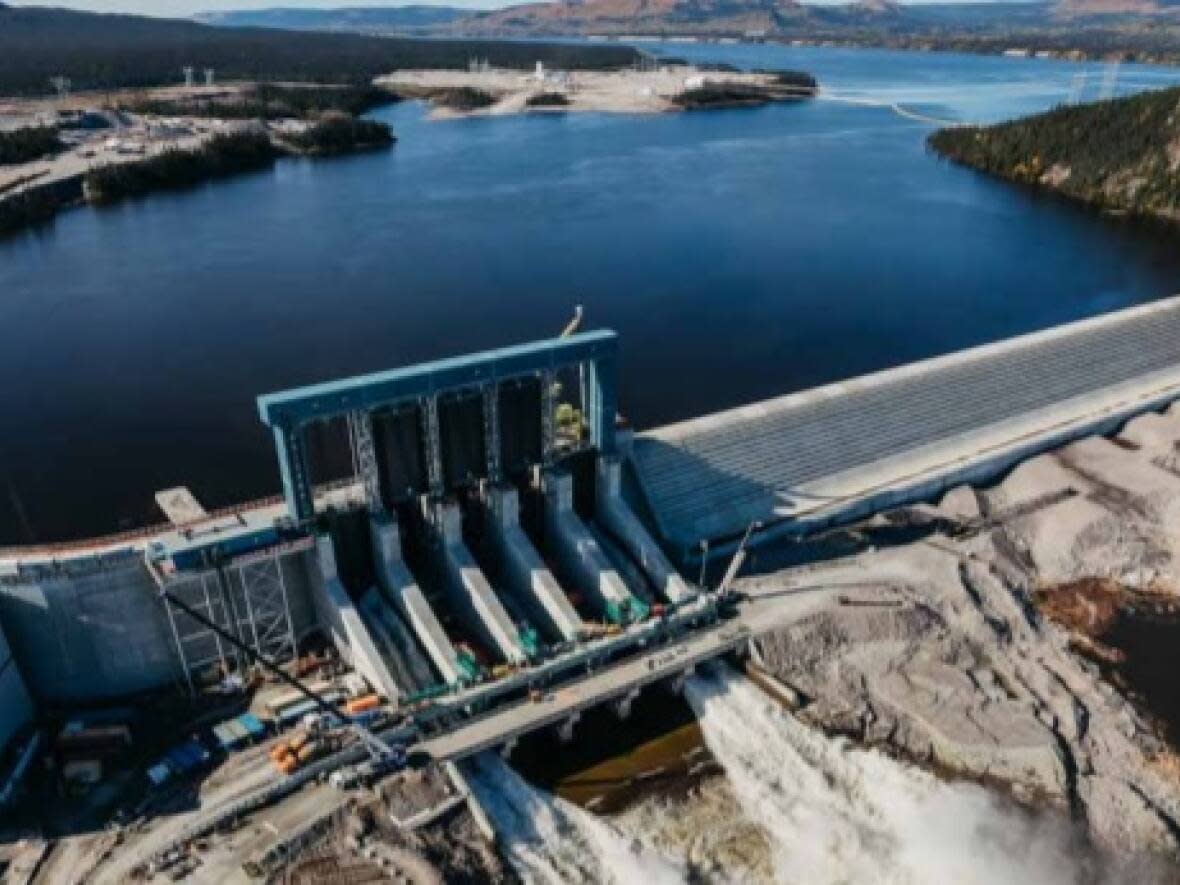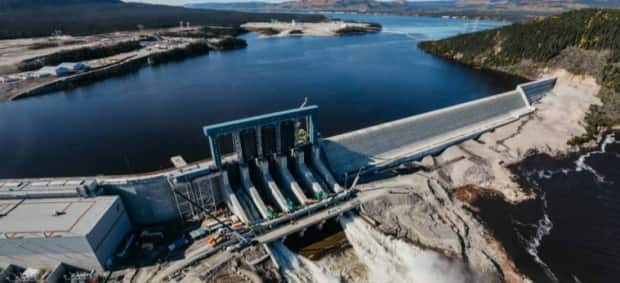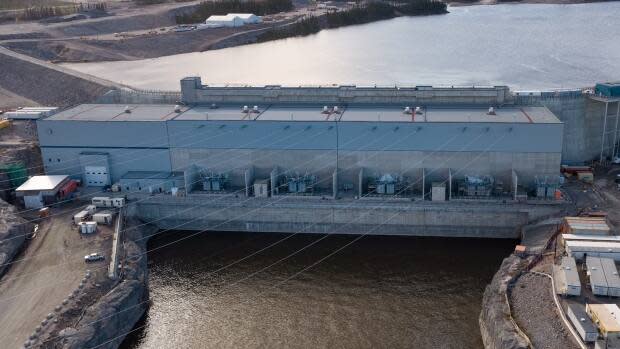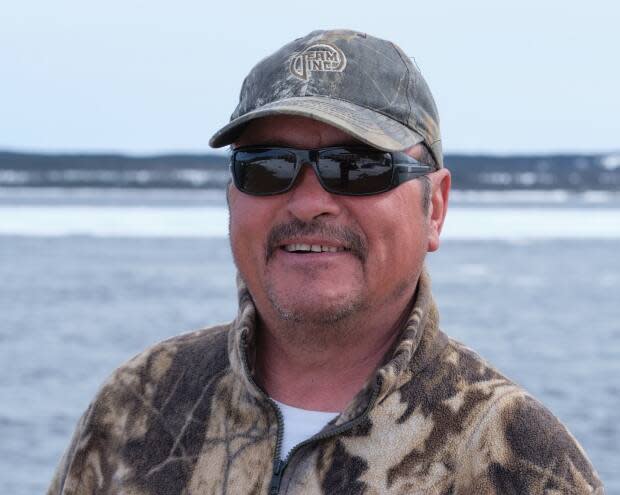New Muskrat Falls monitoring committee focuses on food, water and methylmercury levels


The head of a new committee tasked with monitoring and health management oversight for Muskrat Falls says he's focused on involving those who know the area best.
The government of Newfoundland and Labrador announced last week it has established a Muskrat Falls Monitoring and Health Management Oversight Committee. It's part of a list of recommendations made by the Independent Expert Advisory Committee in 2018 to address concerns related to methylmercury from the controversial hydro-electric project.
Dr. Ray Copes, a physician with a master's degree in epidemiology, was named the independent chair of the committee.
The committee also includes representatives from Nunatsiavut Government, Innu Nation, NunatuKavut, N.L. Hydro, Health Canada and the federal and provincial governments.
Copes told CBC News on Thursday the committee is charged with looking at the monitoring that's being done in connection to Muskrat Falls, making sure that information meets the needs of community members who rely on wild foods in areas affected by the project and relaying any necessary health information to those residents in a timely manner.
"The monitoring is quite comprehensive. It includes everything from water to the food folks would eat," he said.
"My main concern I think would be with the methylmercury levels in the foods people are consuming because that, at the end of the day, is how any exposure to methylmercury would occur."

Concerns about methylmercury poisoning were front and centre during protests against the Muskrat Falls development. As trees and other vegetation break down during hydroelectric project flooding, they release methylmercury which can contaminate fish and other food sources.
In December 2021, Newfoundland and Labrador's auditor general released a report which showed how the provincial government failed to meet a deadline to cap vegetation around the Muskrat Falls reservoir in order to curb methylmercury risk.
Concerns and consultation
Derrick Pottle, who lives in Rigolet, said concerns about those risks posed by methylmercury haven't gone away, especially for people living off the land.
"The seals, the fish, you know, the marine mammals that we harvest in that area, the ducks, the geese, everything. We're always concerned about and worried about how much and what the impact is," he said.
Pottle said when he got his own blood tested more than a decade ago, the level of mercury was four times higher than recommended by Health Canada.

Copes said it's important to have a handle on whether there are effects on the food's consumers but equally as important to include those same people who know the land, and those foods, the best.
"People who live in the area around Muskrat Falls are the folks who know best about which foods are consumed and how much," he said.
"For this kind of monitoring to be effective it requires the input from those folks who know the most."
Pottle said he hopes the committee's consultation process is "a hell of a lot better" than previous consultations regarding Muskrat Falls.
"It all went in one ear and out the other, fell on deaf ears, and the project is still going ahead," he said.
Relaying information
It's still too early to say how the monitoring committee will share the information it finds, said Copes.
Any information discovered will be made public, likely through a website, but Copes said there may be other ways findings can be communicated.
"As chair I'm going to be seeking the advice of those members of the committee who represent the people around the Muskrat Falls project," said Copes.
Further, Copes said as the committee gets up and running he hopes it will have a public presence in which people who have concerns can bring them directly to the members.
"I think it's also important that not just the committee members, but that we get direct input from folks in the community as well."


